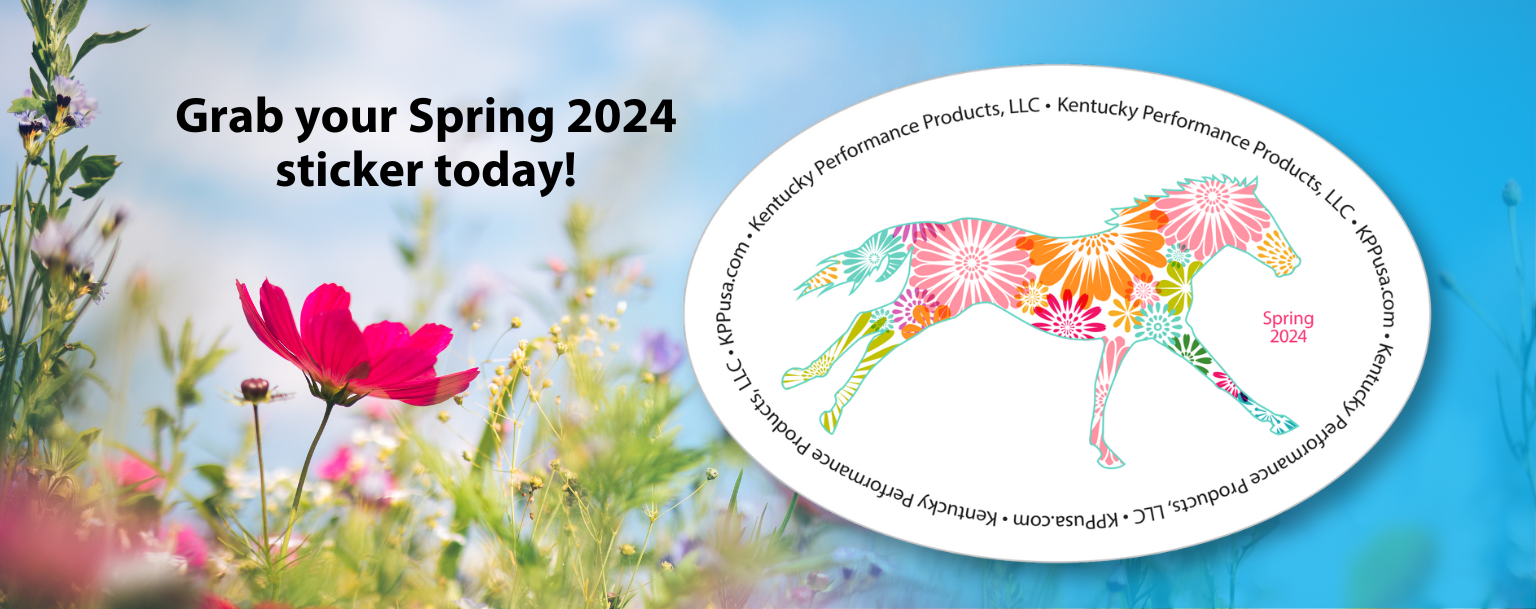
Part 3: Senior Horse Feed
Senior horses require special attention to address their changing nutritional needs. As horses age, their metabolism, dental health and digestive efficiency may decrease, affecting their ability to maintain weight and absorb nutrients. In this series we’ll give you some guidelines on what to feed your senior horse.
Part 3: Senior Horse Feed
Commercial senior horse feeds are specifically formulated to meet the nutritional needs of older horses. These feeds are usually more easily digestible and may contain higher levels of protein, fat, and other essential nutrients. Many companies sell multiple types of senior feeds. Feeds formulated for easy keepers are high in fiber and low in calories. Feeds formulated for hard keepers will contain higher levels of fat and calories. Feeding the right type of feed to your horse is important to his well-being. If you aren’t sure which feed is right for your horse, ask your Vet or an equine nutritionist for advice.
Some senior feeds are considered complete feeds. A complete feed provides additional fiber and is fed at higher levels than a regular fortified concentrate. Complete feeds are best fed to older horses that have trouble chewing long hay.
It is important to always feed the minimum recommended amount of a commercial feed to your horse so that your horse gets the full complement of vitamins and minerals they need. Horses who are fed less than the minimum recommended amount are not getting the required amounts of vitamins and minerals. If your horse eats less than the recommended amount of feed because he gains too much weight, then consider switching to a balancer pellet or a vitamin and mineral supplement. Always follow the manufacturer’s feeding recommendations and adjust the amount based on your horse’s weight, condition and activity level.
Does your horse need a concentrate, balancer pellet or vitamin and mineral pellet? We can help you figure it out. Click here.
Always consult with a qualified equine veterinarian or equine nutritionist to develop a feeding plan tailored to your senior horse’s specific needs. They can help you determine the right balance of nutrients and make adjustments based on your horse’s individual health and condition. Additionally, monitor your horse’s body condition regularly and adjust the diet accordingly to ensure they maintain a healthy weight.
Click here to request a free review of your horse’s diet.


